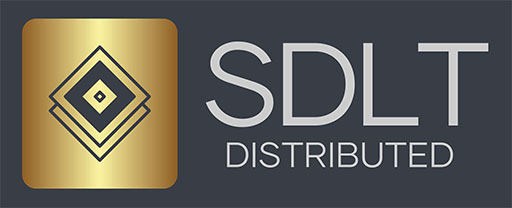
France’s Lise Wins EU Approval To Launch Europe’s First Tokenized Stock Exchange – FinanceFeeds
French Regulator Greenlights Blockchain-Powered Market
Lise (Lightning Stock Exchange) has become the first European company authorized to operate a fully tokenized equity exchange, a move set to redefine how smaller firms access public markets. The Paris-based platform said Thursday it received approval from France’s banking regulator, the ACPR, under the EU’s Distributed Ledger Technology (DLT) Pilot Regime.
The approval allows Lise to offer trading and settlement on a single blockchain-based infrastructure, replacing the traditional two-step process. The exchange is designed to simplify market access for French firms with valuations up to €500 million ($582 million), with a focus on small and mid-cap companies worth below €200 million.
“We are excited to bring the first fully tokenized equity exchange to Europe, responding directly to the financing challenges faced by many smaller companies,” said Mark Kepeneghian, Lise’s founder and CEO. “This license is a milestone in the evolution of European capital markets, offering a modern, digital solution to the real-world needs of businesses.”
Investor Takeaway
Lise’s approval gives Europe its first regulated blockchain equity exchange. The project could lower listing costs for small firms while testing the EU’s approach to digital market infrastructure.
How the DLT Pilot Regime Opens the Door
The license is the result of collaboration with the Banque de France, the European Securities and Markets Authority (ESMA), the Autorité des marchés financiers (AMF), and the European Central Bank. Under the DLT Pilot Regime, regulators can grant limited exemptions to market operators testing blockchain settlement systems for financial instruments.
Lise will function as both a Multilateral Trading Facility (MTF) and a Central Securities Depository (CSD) — an unprecedented dual role that combines listing, trading, and post-trade settlement in one blockchain-based ecosystem. The structure aims to reduce costs, shorten settlement times, and provide near-instant transparency to investors.
The initiative aligns with the EU’s effort to modernize its fragmented capital markets and expand access to equity financing for smaller companies. Policymakers hope the DLT Pilot will accelerate adoption of blockchain infrastructure across Europe’s financial system, particularly in clearing and settlement.
Institutional Backing and Market Scope
Lise’s shareholder base includes CACEIS, a subsidiary of Crédit Agricole, as well as BNP Paribas and state-backed investment bank Bpifrance. Their participation reflects growing institutional confidence in regulated tokenization projects.
With its model, Lise aims to compete in a segment long underserved by Europe’s traditional exchanges. The firm targets initial public offerings from companies in energy, infrastructure, and defense — sectors where smaller issuers often face limited liquidity and high listing costs. The first IPOs are scheduled for early 2026.
For investors, the tokenized format promises faster settlement, programmable compliance, and potentially lower fees. For issuers, it offers direct market access without intermediaries. If successful, Lise’s platform could become a template for other EU countries adopting the DLT framework.
Investor Takeaway
Institutional backing from BNP Paribas and Crédit Agricole adds credibility to Lise’s rollout. The first IPOs in 2026 will test whether tokenized markets can deliver liquidity to Europe’s SME sector.
What It Means for Europe’s Capital Markets
The European Union introduced the DLT Pilot Regime to encourage innovation in market infrastructure while ensuring investor protection. Lise’s authorization marks one of the first tangible results of that effort. The model integrates regulated trading with blockchain-based settlement, potentially cutting the cost of capital for small issuers and offering new efficiencies for investors.
Regulators across the bloc are watching closely. The European Central Bank has said distributed ledger experiments could inform future work on digital settlement systems, while national regulators see tokenization as a way to attract new listings amid declining IPO activity. If Lise’s framework proves workable, it could prompt other exchanges to apply for DLT exemptions or partnerships with blockchain operators.
Lise represents a test case for whether blockchain technology can modernize Europe’s capital markets without compromising the safeguards of traditional financial supervision.
